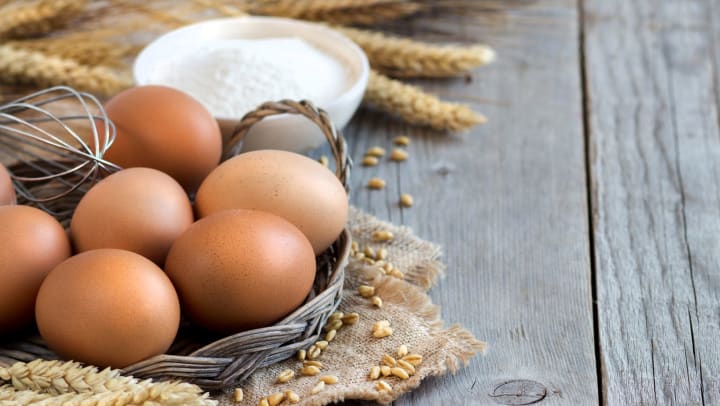March is National Nutrition Month, and we’d like to focus on how our nutritional needs change as we get older. Many people don’t realize that adults need to increase their protein consumption as they age in order to maintain their current level of physical functioning, and even more so if they are trying to lose weight or build muscle mass.
Why We Need Protein
If you find daily tasks are becoming more strenuous to complete without any other changes to your health, this might be an indication that you are not consuming enough protein. According to a 2018 study published in The Journals of Gerontology: Series A, researchers found that of the over 2,900 older adults surveyed over 23 years, those who ate the most protein were 30% less likely to become functionally impaired than those who ate the least amount.
Incorporating More Protein in Your Diet
Though body weight does influence how many grams of protein you should be consuming each day, generally speaking, an older adult should consume between 100 - 130 grams daily. This may seem like a lot, but we have some tips for upping your intake without making drastic dietary changes:
- Eat your protein first. Go ahead and polish off your meat, eggs, or plant-based protein before anything else. This way, if you become full before finishing your plate, you’ll have eaten the most important part of the meal and will stay fuller for longer.
- Add protein to your salads and vegetables. A balanced diet is vital to your overall health, so we don’t want you to skimp on your veggies. That said, make your salads work harder for you by adding chicken breast, nuts, a hard-boiled egg, legumes, and/or protein-rich nuts.
-
Get to know your hidden protein sources. Speaking of legumes and nuts, some really are more protein-packed than you may realize, and as an added bonus, they contain beneficial fiber, vitamins, and minerals. A few of the top plant-based protein stars include, but are not limited to:
- Soybeans: 28.6 grams of protein per cup
- Lentils: 17.9 grams of protein per cup
- White beans: 17.4 grams of protein per cup
- Peanuts: 17.3 grams of protein per cup
- Black beans: 15.2 grams of protein per cup
- Add high-performing dairy items. Try swapping out some of your carb-heavy sides or snacks for cheese and yogurt. For example, if you typically enjoy oatmeal for breakfast, opt for Greek yogurt with granola and fruit. You’ll still get that comfort-in-a-bowl feeling but from a more efficient body-fuel source. In the afternoon, trade a handful of chips or pretzels for a cheese stick or cup of cottage cheese.

